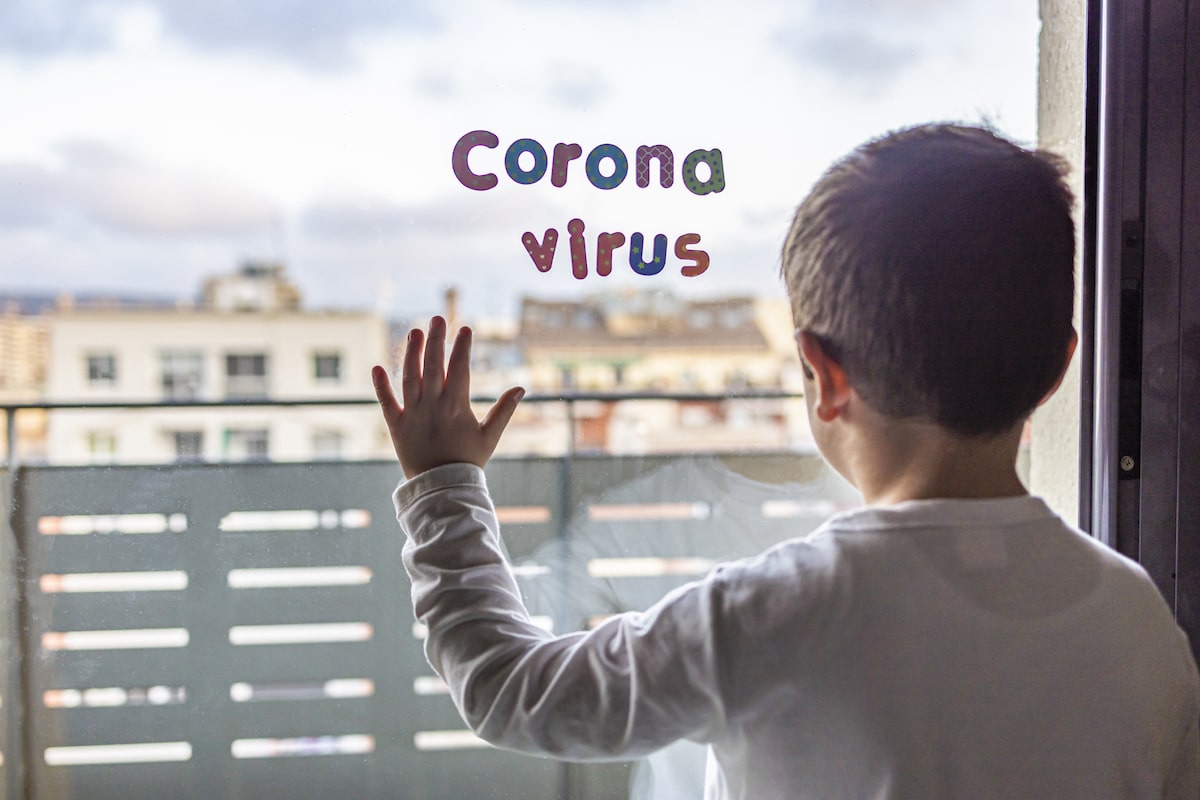<< Back
COVID Paranoia? Why Parents Still Isolating Their Kids Should Reconsider

October 02, 2020
There’s being safe and then there’s being paranoid, and one Institute of Living (IOL) psychologist wants parents to know the difference because their children’s long-term development could depend on it.
Dr. Laura Saunders, a child psychologist at the IOL, part of the Hartford HealthCare Behavioral Health Network, used the phrase “COVID paranoia” to describe the anxiety causing some people to remain isolated at home for fear of COVID-19 exposure.
While not an official diagnosis, Dr. Saunders said COVID paranoia is rooted in outdated guidance and anxiety.
“This COVID paranoia really restricts their behavior – these families are restricting activities and not leaving the house like it’s still March,” she said.
At the onset of the pandemic, guidance from the Centers for Disease Control (CDC) and the state was to stay at home. That has eased, with children returning to school and people to stores, restaurants and offices. Dr. Saunders said everyone’s behavior needs to adjust accordingly.
“We need to go out to the extent that the state guidelines allow,” she said. “State guidelines are not saying – like they were in March – to stay home and stay safe. They’re saying we can go out, we have school as an option.”
Venturing out, she added, is crucial to the social and emotional development of children, who suffer in isolation. While many schools offer in-person learning or a hybrid of in-person and online instruction, some parents are not sending their children into the classroom, a move she feels could be detrimental.
“We’ve learned how to reopen and reintegrate. In the spring there was mixed information that fueled some underlying concern or paranoia,” Dr. Saunders said. “But we have good information now. This is the time to loosen things up a bit and do things in an appropriate, safe way.”
Children need to be in school for more than just learning, she said.
“I really worry about developmental goals and socialization for kids. That’s such an important part of their development,” Dr. Saunders said. “I really worry about social anxiety, or fueling underlying anxiety. When you’re in a situation that’s restrictive or the less experiences you have, it doesn’t build your sense of self-worth. We need experiences – sometimes good experiences and sometimes not-so-good experiences – to build our self-confidence and self-worth.
“If we are being isolated to a greater degree than we need to, it’s going to socially and emotionally damage children.”
To overcome the paranoia, she suggested adults:
- Get accurate information from CDC and state websites, their child’s pediatrician or school resource people.
- Tap support resources to build a sense of resilience.
- Remember that physically distance, which helps prevent COVID-19 exposure, does not mean social distance.
“We need to remember that kids are resilient but we need to give them the opportunities they deserve,” Dr. Saunders said. “The less we get out into the world, the more it fuels anxiety and isolation. And isolation fuels depression.”